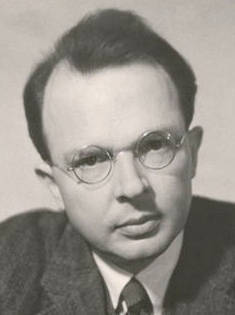Derek Pereboom uses his "four case argument" against compatibilism. We can summarize his cases in this way.
Case 1: Mad scientists implants a device in Plum’s brain. Later, they induce Plum to have desires and reasons to kill White including the second-order desire to have these desires and reasons and to be rationally responsive.
Case 2: Mad scientists created Plum as a baby, making sure (by ex- perimenting on his nervous system in the right way) that he would have be a rational egoist and would kill White one day.
Case 3: Plum’s parents and culture trained him from an early age to become an egoistic killer to have the motivations and thoughts which led him to kill White.
Case 4: Plum is a normal human being raised in normal circum- stances. How he acquired the strong desire to kill White is not spe- cific, but it was determined by the laws of physics.
He claims that our intuitions are that (1), (2), and (3) are such that we not hold Plum morally responsible for their killing White. However, even if you have a compatibilist intuition about (4), you have to find a relevant difference between the first three and the last case. Otherwise, we should judge that Plum is not morally responsible for killing in White in (4). So, is there a relevant difference between these first three and the last case?














